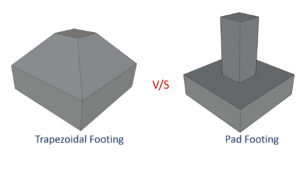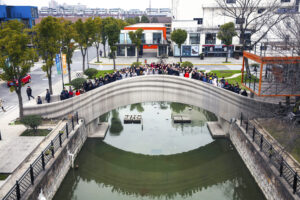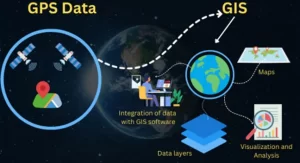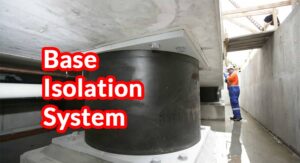
What is Sprinkler Irrigation System? Uses & Advantages of a Sprinkler Irrigation System

What is a Sprinkler Irrigation System?
Sprinkler irrigation is a type of irrigation in which the watering technique is similar to natural rainfall. Water is conveyed through a system of pipes and sprinklers are used to spray the water onto the crops. Sprinklers are basically used to break the water into small droplets. This method of irrigation can be applied to all types of crops.
Use Sprinkler Irrigation
- Suitable Slopes: Sprinkler irrigation is compatible with any sort of agricultural land regardless of the slope of the ground. It is recommended to lay the lateral pipes along the natural gradient of the land. This will ensure minimal disruptions to continuous irrigation by maintaining uniform pressure while supplying water to the sprinkles.
- Suitable Crops: This irrigation technique is usually suitable for all crops. However, it should be kept in mind that, larger sprinklers producing bigger droplets of water can damage the delicate crops.
- Suitable Soils: This type of irrigation is appropriate for both sandy and clayey soils. However, soils with high infiltration rates (e.g. sandy Soil) are more adaptable to sprinkler irrigation. On the contrary, if the soil has the tendency of crust formation may create interruptions to uniform irrigation. This problem can be overcome by using sprinklers that produce fine droplets of water as bigger droplets aid the formation of crust.
The average rate of applying water (mm/hour) should be chosen carefully. It must be less than the natural infiltration rate of the soil. Otherwise, ponding around the crop roots and runoff can be encountered. - Suitable Irrigation Water: Water quality needs to be checked for efficient irrigation. Usually clean and suspended particle-free water is suitable for sprinkler irrigation. Otherwise, the settlement of particles near sprinkler nozzles will create a blockage, and water supply will be hindered.
Advantages of a Sprinkler Irrigation System
There are situations when the sprinkler system has more advantages than other types of irrigation methods. Followings are the major advantages of the sprinkler irrigation system:
- It is affordable and completely easy to set up. You will not be needing to spend much on labor cost for setting it up.
- There is no requirement of using many areas of your field for setting up the sprinkler irrigation.
- The interference with cultivation for setting up the sprinkler irrigation is very less. So, you will not face a huge loss.
- Frequent application of water can be supplied to the plants you will not need to do it yourself.
- The water distribution will always be equal.
- The amount of water being supplied can be controlled so you will be also able to save water depending on the necessity and requirements of plants.
- The sprinkler irrigation is suitable for setting up in all types of soil.
- This system can be used for other purposes as well such as cooling during high temperature.
Disadvantages of a Sprinkler Irrigation System
Followings are the disadvantages of the sprinkler irrigation system:
- The cost investment cost required for purchasing the equipment of the sprinkler irrigation system is high.
- Using the sprinkler irrigation for supplying saline water can result in problems to arise.
- For spraying water droplets evenly there is a requirement of constant water supply.
- There is a chance of water getting evaporated from the sprinkler irrigation when the surrounding environment is windy and high in terms of humidity.
- There is a chance of the nozzles of the sprinklers getting clogged due to the deposit of debris and sediments from water that is used.
- There is a requirement of continuous power supply for operating the sprinkler irrigation system.




